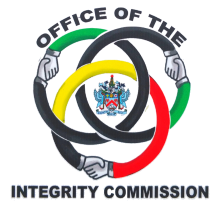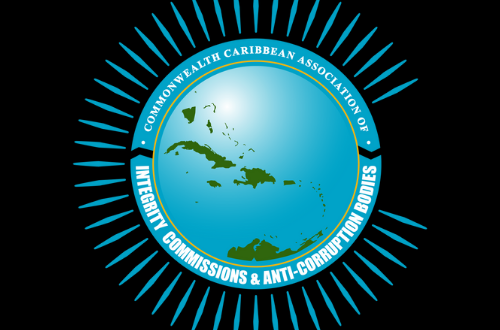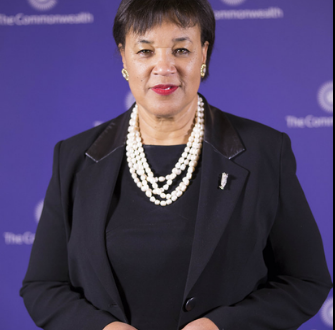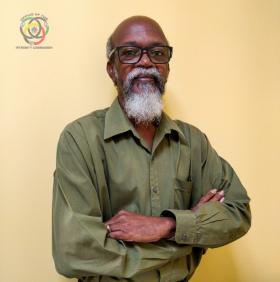We, the Commonwealth Caribbean Association of Integrity Commissions and Anti-Corruption Bodies (“CCAICACB”), meeting at our Tenth Annual Regional Conference convened in The Commonwealth of The Bahamas under the auspices of the Commonwealth Secretariat with the theme: “Best Practices in implementing Integrity and Anti-Corruption Laws in the Caribbean in the age of Artificial Intelligence.”
- NOTING with deepest gratitude the invaluable facilitation of the Chairman, Commissioners and Staff of the Public Disclosure Commission of The Bahamas; for the warm hospitality, support and contributions of the Ministry of Tourism, of the Commissioner and ranks of the Royal Bahamas Police Force.
- RECOGNISING the attendance of Her Excellency Dame Cynthia A. Pratt, ON GCMG CB CD JP, The Governor General of The Commonwealth of The Bahamas at the Opening Ceremony of the Conference.
- APPRECIATING the encouraging remarks of The Honourable Philip Davis MP KC, Prime Minister of The Commonwealth of The Bahamas during our opening reception.
- RECOGNISING the well-received contributions of the representatives of the global and regional agencies to the conference including Dr Roger Koranteng representing the Commonwealth Secretariat, Mr. Guglielmo Castaldo representing the United Nations Office of Drugs and Crime (UNODC); and Ms. Nadine Bushell representing CARICOM “Implementation Agency for Crime and Security” (IMPACS).
- NOTING that the majority of the presenters, real subject matter experts, are members of the CCAICACB.
AGREED AND ADOPTED the following resolutions to: –
a. Call upon Caribbean Governments to effectively implement their obligations under both the United Nations Convention Against Corruption and the Inter American Convention Against Corruption;
b. Continue to lobby the Caribbean Governments for sufficient budgetary support for Integrity Commissions and Anti-Corruption Bodies in the region for their effective operationalisation;
c. Call upon Caribbean Anti-Corruption stakeholders to ensure the implementation of anti-corruption benchmarks and standards;
d. Pursue and foster strong in-country and regional inter-agency collaboration in programmes, knowledge, information and sharing of best practices among CCAICACB members;
e. Encourage Caribbean countries to align integrity and anti-corruption legislative reforms with international best practices;
f. Call on Integrity Commissions and Anti-corruption Bodies to focus more on corruption prevention by being proactive.
g. Guide Member organisations to build capacities in compliance processes, review of asset declarations, complaints, and investigations.
h. Engage Ministries with responsibility for education, to include integrity and anti-corruption principles into their national curricula;
i. Seek external support and funding for the establishment of a Secretariat and employment of an Administrative Secretary for the CCAICACB;
j. Publicise activities undertaken by the Integrity Commissions and Anticorruption Bodies; and implement a feedback mechanism where the public can share on aspects of their work needing improvement;
k. Lobby CARICOM, other regional and international organizations to collaborate with the CCAICACB in anti-corruption efforts, integrity and capacity building;
l. Encourage Governments to enact and/or implement whistle-blower legislation with the aim of protecting those who report corrupt practices;
m. Build awareness and community involvement in the fight against corruption through innovative and effective public education and sensitisation campaigns in the Caribbean; and
n. Encourage Caribbean Anti-Corruption stakeholders to exploreand leverage the use of emerging technologies such as Artificial Intelligence in the fight against Corruption.
Dated this 13th day of June 2024




